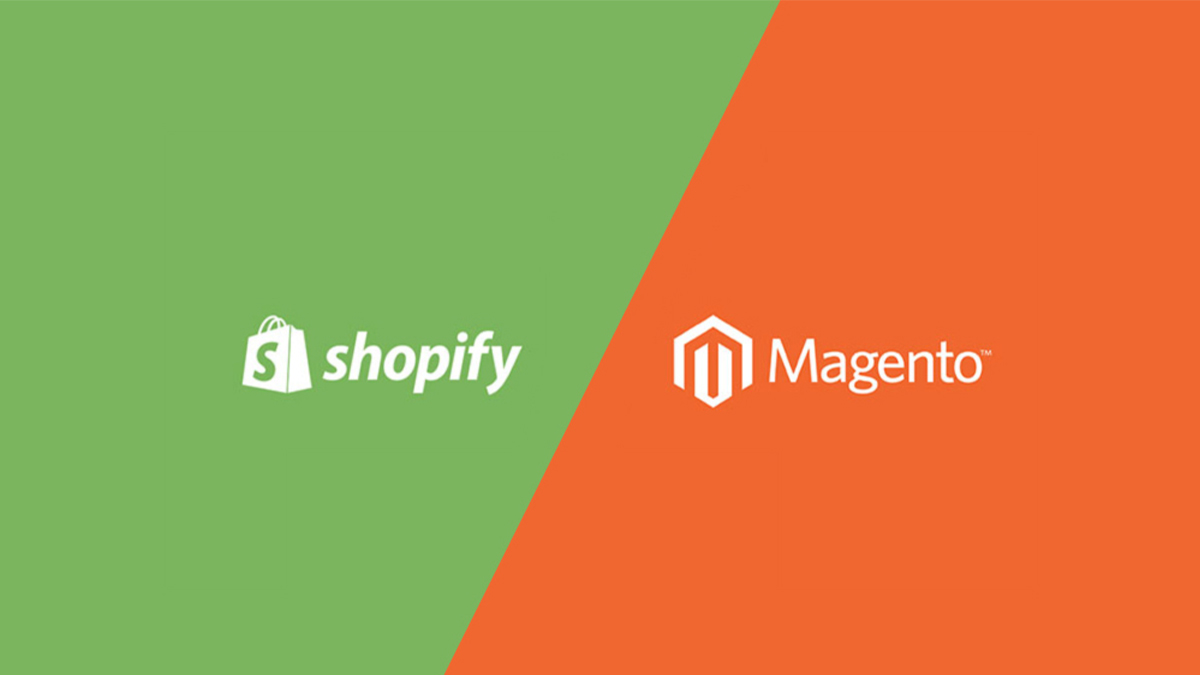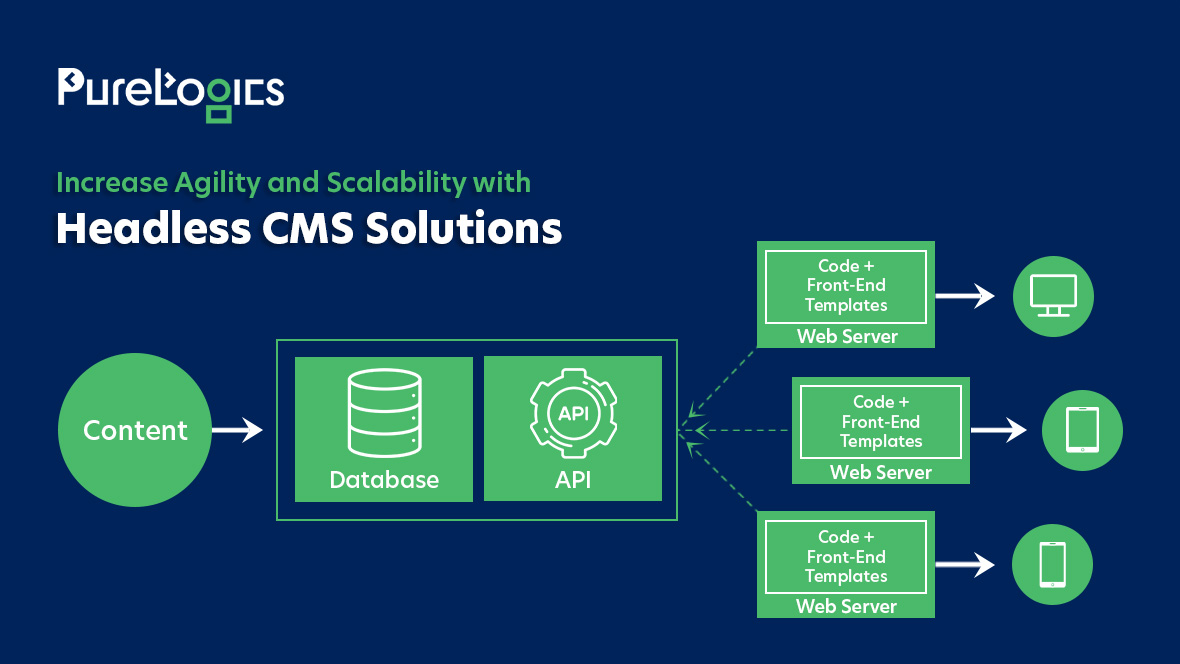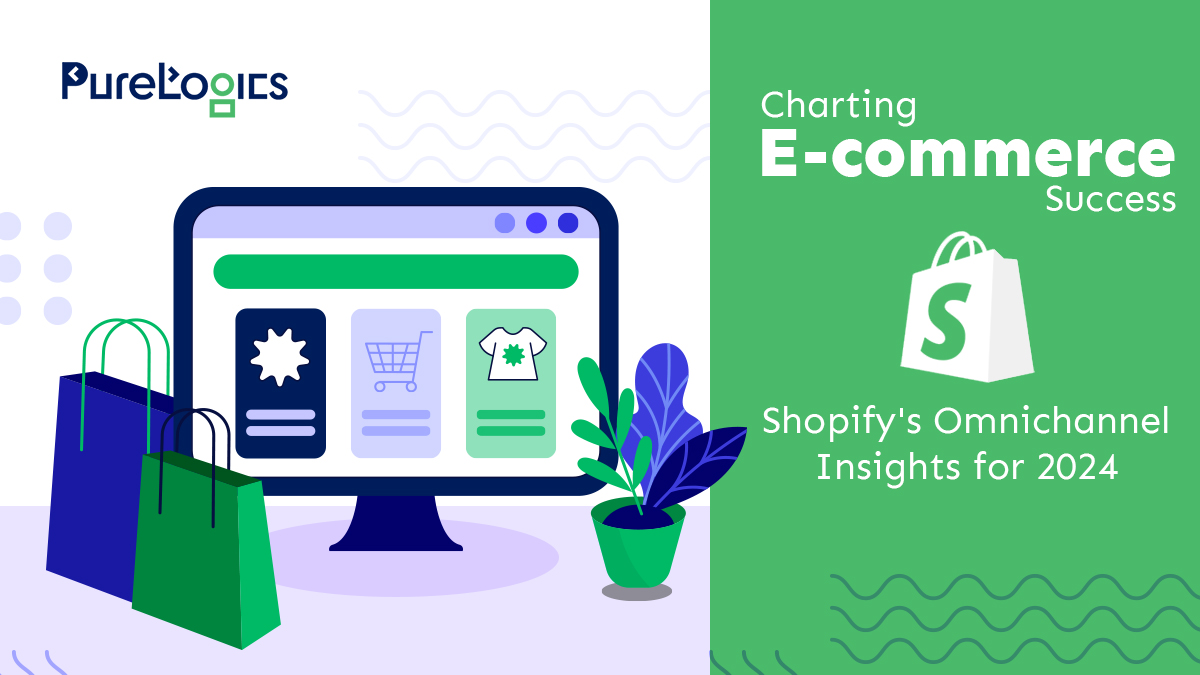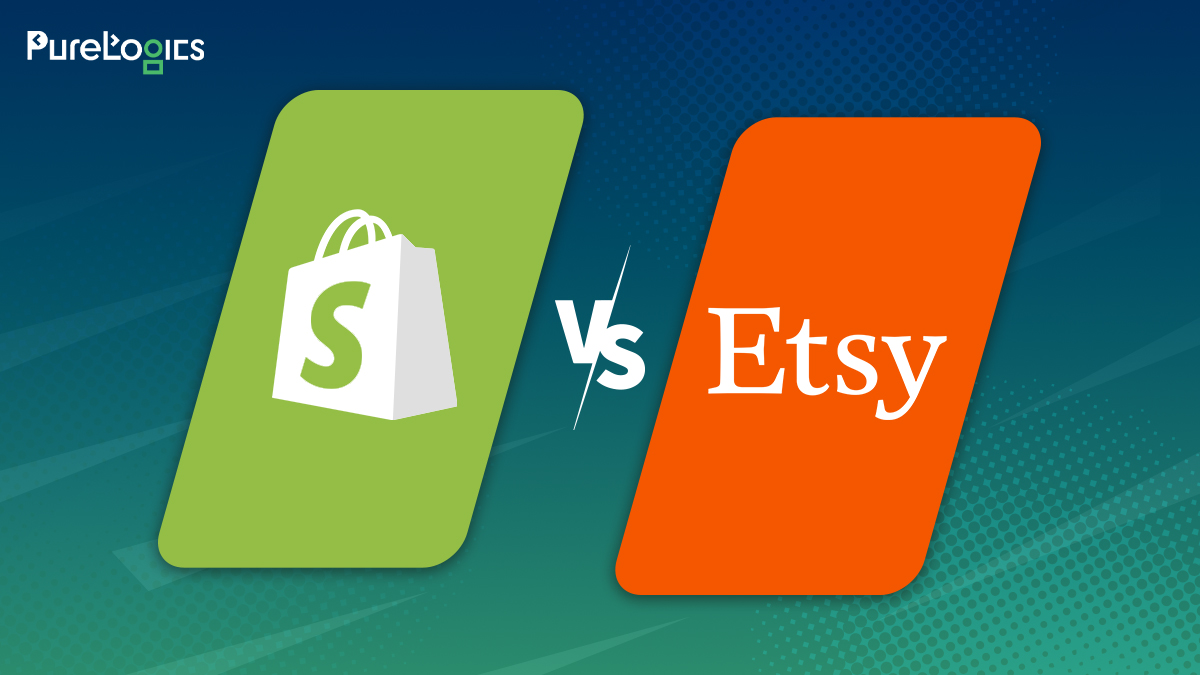It all starts with trust in the field of marketing and business but what matters to you the most is building relationships with new prospects and existing consumers. The challenge is real because if your potential customers are happy, they would choose you up to infinite times.
And if they are not happy, they would pick up a bad image of your brand that would haunt you for the rest of your life. In the world of eCommerce, one thing that can lead you from the bed of thorns to the bed of roses is the best shopping cart. So, the choice is yours whether you choose Shopify or Magento.
The thumb rule is to give your audience the best shopping experience they never had before so that they could spread a smart message to the rest of the world about your eCommerce venture.
Shopify and Magneto are Cloud-Based Software as a Service (SaaS) Shopping Cart solutions that allow businesses to set up an Online Store with little to no hassle.
It’s an ecommerce snick that does the trick! Let’s deep dive into the comparison of Shopify Development & Magento and find out which platform would be an ideal fit for your small to medium-scale business.
Shopify: Your pay as you go ecommerce platform
For both medium and large-sized businesses, Shopify is your go-to E-Commerce platform. Shopify follows pay as you go model so all you have to do is pay monthly and enjoy the Shopify services. Moreover, you can use Shopify Platform with their 14-day free trial.
Magento: Your open-source ecommerce platform
Are you looking to build your own ecommerce store? Magento can be your open-source ecommerce platform that allows you a flexible online shopping engine, robust product listing features, and full-fledged customization.
Magento offers two variants:
- Magento Community Edition
- Magento Enterprise Edition
1. Magento Vs Shopify – Introduction
The selection of a fully-functional ecommerce platform has never been so easy whether you are a tech giant or simply an entrepreneur new in the ecommerce industry. Yes, the question is big, “Open-source platform or a hosted shopping cart”? Both ecommerce platforms are the best in business plus highly popular among thousands of merchants across the globe. For building a feature-packed eStore, the golden rule is to forget the minor flaws of these platforms and get yourself entered into the world of ecommerce.
2. Magento Vs Shopify – Pricing
Cost-effectiveness is the key when choosing a shopping cart. If you are a newbie in the ecommerce industry, then you need to face two big challenges:
- How much money do I need to spend on my eStore?
- Which platform should I go with either Shopify or Magento with a cost-effective plan?
Let’s deep-dive into the pricing comparison:
Magento Pricing
Magento claims no monthly subscription policy and provides free services of downloading, installing, and setting up a store. You only need to pay for the website domain and hosting when your site goes live. However, the cost of domain and hosting varies as per the plan.
Magento Community Edition: This edition is free to use. All you need is to bear the cost of the domain, hosting, designing, and development while creating your eStore and making it live. The estimated overall cost starts from $15,000.
Magento Enterprise Edition: It’s time to transform your business with added features but with big bucks. Magento Enterprise Edition starts from $22,000. In addition, the Magento Commerce cloud has a base price starting from $40,000, and the additional features would cost you between $30,000 to $50,000.
Shopify Pricing

Being your pay-as-you-go platform, Shopify’s price depends on the monthly subscription. Now you can choose any Shopify plan, prices ranging from $29 to $2000 per month.
3. Magento Vs Shopify – Themes/Templates
The first impression is the last impression but make sure the last impression should be everlasting. The same goes for the user interface of your ecommerce website. Let’s deep dive into the theme comparison and discuss what’s new in Magento and Shopify:
Shopify Themes

Shopify provides two types of templates brimmed with 71 Featured and 13 Free templates. If you are an entrepreneur and looking forward to the featured Shopify Themes then they would cost you between $180 – $350.
Magento Themes
Magento has 11 fully responsive, mobile-friendly themes in its territory with a price-tag up to $499. If you have a team of engineers highly skilled in backend coding, then you can design your own template from scratch.

4. Magento Vs Shopify – Usability
Let Shopify add a special zing to the life of non technical users who wanted to develop their own eStores with ease and no prior knowledge. When people talk about usability, Shopify has a competitive advantage over Magento. Shopify is usually termed as a user-centric ecommerce engine due to the nature of a hosted platform. From technopreneurs to laymen, Shopify is built for everyone.
On the flip side, Magento is not as user-intuitive as Shopify, specifically for non-technical people. In spite of the fact that Magento offers consumers a full-fledged command over their website, installing and setting up their eStores seals the deal with technology.
5. Magento Vs Shopify – Apps and Add-Ons
Themes personify the beauty of your Website! If you want to customize your website with more features or expand your eStore functionality, then you can opt for apps and extensions. Some of these Add-ons are just a click away.
Let’s deep dive into the comparison of Add-Ons: Shopify Apps or Magento Extensions.
Magento Extensions
Magento Marketplace comprises almost 4000 extensions. To install and execute these extensions, you need high-end coding experience. Sneak a look at one of the premium extensions of Magento i.e. Mollie.
With Mollie, you can accept payments and donations online and expand your customer base internationally with support for all major payment methods through a single integration.
Shopify Apps
Give your eStore a new life with 4200 standard and premium Shopify apps. So, buckle up your shoes and customize your store with hefty leads and conversions. It’s that point of time where we are going to unveil one of the most popular apps of Shopify such as Facebook Channel. Facebook Channel App brings your products to Facebook and Instagram users.
6. Magento Vs Shopify – Over the top Marketing
Let marketing do the talking! Give organic fuel to your eStore with search engine optimization. SEO is highly beneficial for getting consumers’ ecommerce websites on top of Google search results. With long tail and short tail keywords, you can make your store prominent under the radar of Google and get hot leads in no time. When it comes to SEO, Magento has a higher compatibility rate than Shopify. With Magento’s built-in features like editing ‘image alt tags’ and ‘URL customization’, you can help search engine users to find your web pages with ease.
Shopify shoots SEO via Apps! There are several apps that can allow you to execute SEO on the go such as SEO Booster, Smart SEO, SEO Image AI, etc.
7. Magento Vs Shopify – Summing Up
In this article, we have summed up almost all the essential comparisons between Shopify and Magento. Now, it’s your call to decide which platform is best suited for your ecommerce venture. It all depends upon your budget, time, resources, and technical expertise.
…
If you are an entrepreneur and want to build your own eStore, then get in touch with Purelogics for ecommerce website design services, or you can schedule a quick meeting.
PureLogics is a full-service technology company that mainly deals in enterprise portal applications, manual processes automation, financial streamlining and business intelligence applications, enterprise portal integration with custom or branded software, ecommerce, and enterprise mobility.


 [tta_listen_btn]
[tta_listen_btn]
 July 1 2022
July 1 2022






